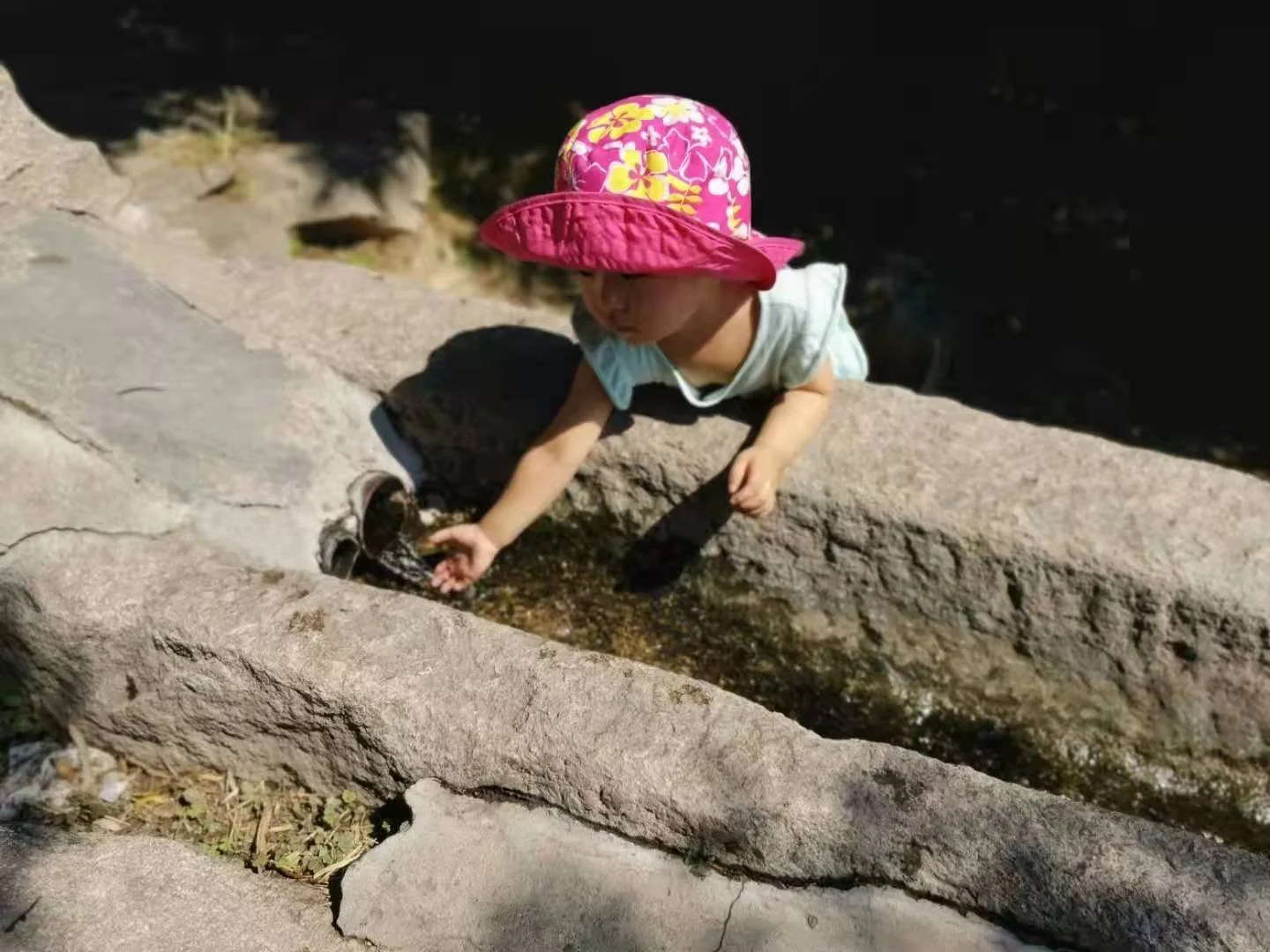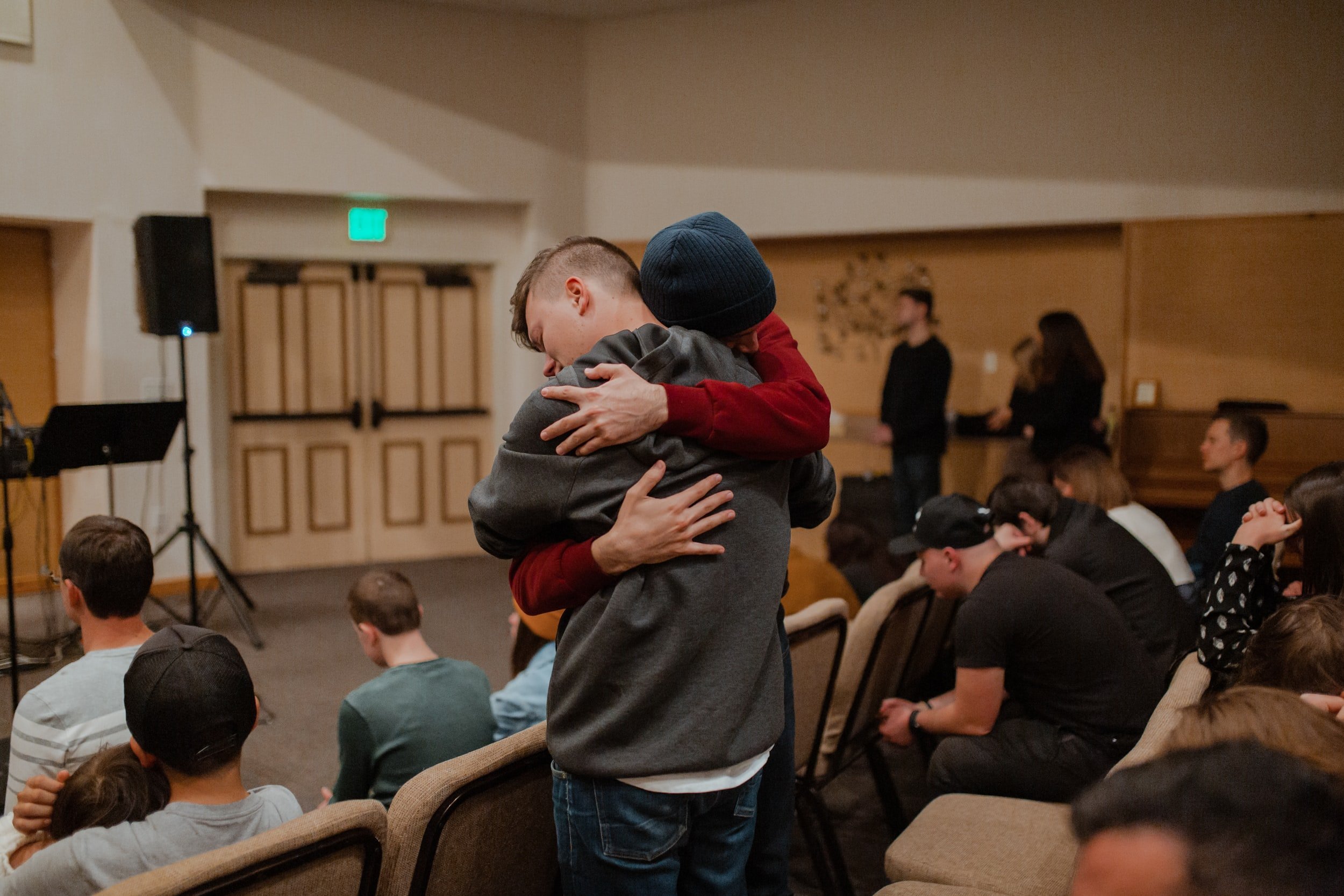Iridescence: Empathy Through Storytelling
AAPI Heritage Month Feature
When the rise of Asian hate crimes became so prevalent that it reached national headlines, I felt lost. As a child of Chinese immigrants who grew up in Southern California my whole life, it made me question my relationship with my own culture in a way that I never had before. What could I do to help my community? How could I do my part in trying to heal the polarizing divide in our country? My answer to these questions? Write the story of my life.
How Iridescence Came To Life
I believe that hate comes from a lack of empathy, and that media has the unique capability of giving the viewer a glimpse into someone else’s life, finding a universality in the personal. It might not change their mind completely, but at the very least, it can potentially challenge their preconceived notions on who someone is. So, I wrote a deeply personal short titled Iridescence that explores intergenerational trauma, mental health, and toxic masculinity. I utilized the Center for Scholars & Storytellers’ Boy’s Tip Sheet as a reference in shaping the dialogue and interactions of the characters. I also had the script workshopped in our CSS weekly lab session where multiple lab members gave me resources to research on authentically portraying cultural conflict and Asian mental health. Afterwards, an excerpt from my script was also used as an icebreaker in a CAPE x Center for Scholars & Storytellers think tank on how to authentically portray mental health in media. At the think tank, CAPE Executive Director Michelle Sugihara, congratulated me on my work and I was given invaluable feedback from scholars and storytellers alike on how to improve the script. Fast forward several months later and Iridescence is now making the rounds in the film festival circuit, where it’s placed as a Semifinalist in the Los Angeles Chinese Film Festival and a Finalist for the Independent Shorts Awards among several other accolades. It also has been spotlighted by the Daily Bruin and reviewed by a disability led non-profit organization that I hold near and dear to my heart, RespectAbility.
Breaking Stigma Through Conversation
While winning awards is a cool experience, I view it as secondary to my primary goal with the film which is to destigmatize mental health in the AAPI community. With that, I made sure to create a podcast to accompany the film where I interviewed the cast and crew regarding important taboo topics such as growing up as a minority, mental health allyship, understanding the love languages and cultural differences of our parents, and storytelling as a mechanism for change. I’ve had members of the cast and crew open up to me about how working on the project made them more willing to have those tough conversations with their family and friends, which has been indescribably fulfilling to me.
The Power of Authentic Storytelling
With a cast and crew largely consisting of women and the AAPI community, the film embodies the type of stories I want to tell. Being that the script is based on my own family, I did a table read with them. While my brother and mom were quick to congratulate me, my dad was silent. However, similar to the theme of the film itself, he sent me a long text afterwards, confiding in me that although he never was the type to say “I love you”–he really does. That moment of catharsis is the power of storytelling. As a DEIA advocate, I view authentic storytelling as a moral responsibility. It’s so important to do the research and consult with organizations with your stories because they have real world ramifications on the culture and society. Moving forward, I want to tell authentic stories that bridge the divide in our world and help us see each other not as archetypes, but as human beings. And organizations like the Center for Scholars & Storytellers as well as the Coalition of Asian Pacifics in Entertainment equip me with the resources and skills to do just that.
Jeremy Hsing
Writer/Director, Former CSS Intern















